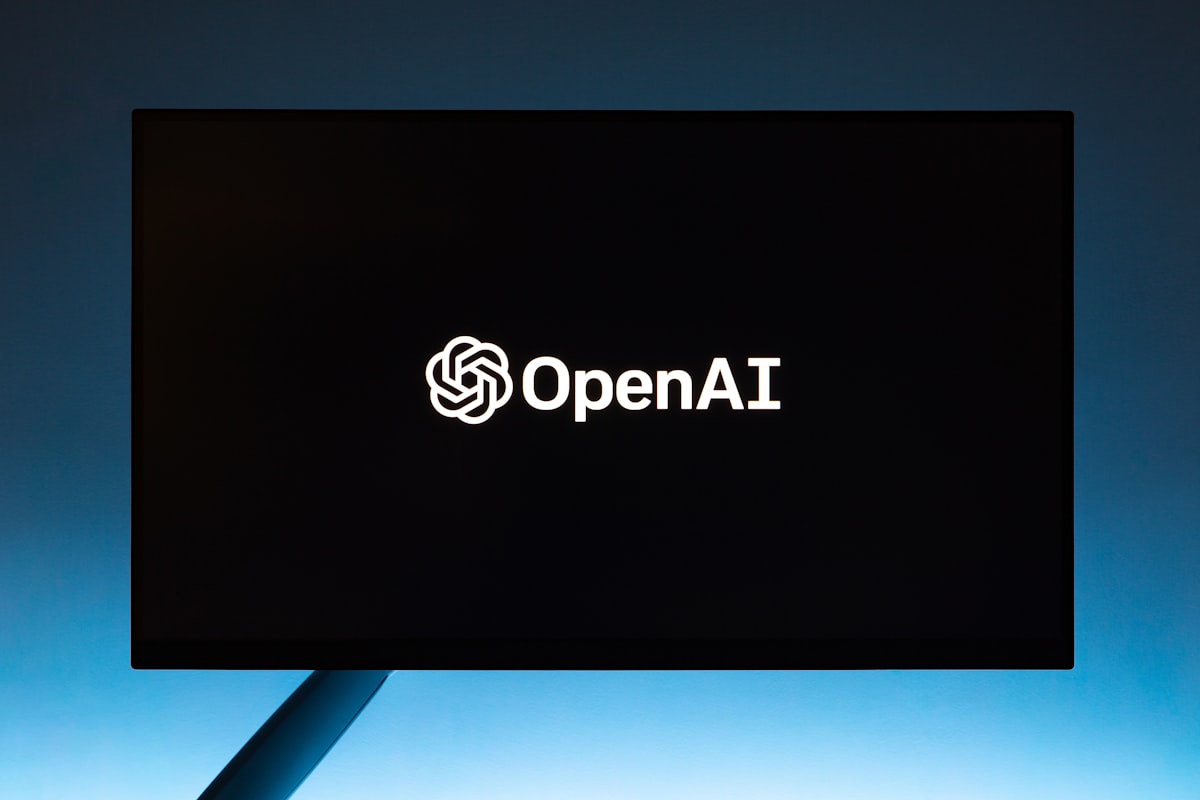Cooperatives are beacons of democratic ownership, values-driven business, and community empowerment. As artificial intelligence (AI) reshapes industries and societies, cooperatives must embrace AI in a way that aligns with their core principles, ensuring that technological advancements serve the people.
1. Voluntary and Open Membership: AI as a Tool for Inclusive Participation
- Cooperatives should leverage AI to enhance member engagement, providing accessible platforms for participation, decision-making, and knowledge sharing.
- AI-powered tools can facilitate inclusive membership drives, reaching out to underserved communities and fostering diverse participation.
- AI-driven translation and communication tools can break down language barriers, ensuring that all members have equal access to information and opportunities.
2. Democratic Member Control: AI as an Enabler of Collective Ownership
- AI should be employed to strengthen democratic member control, providing members with transparent and accessible data and insights.
- AI-powered analytics can empower members to track the cooperative's performance, evaluate decisions, and hold leadership accountable.
- AI-facilitated deliberation tools can enhance democratic decision-making processes, fostering informed and inclusive participation.
3. Member Economic Participation: AI as a Driver of Shared Prosperity
- Cooperatives should harness AI to create sustainable economic opportunities for their members, enhancing productivity, efficiency, and innovation.
- AI-powered automation can augment human labor, reducing repetitive tasks and allowing members to focus on higher-value activities.
- AI-driven market analysis and customer insights can guide cooperatives in developing products and services that meet member needs and generate shared prosperity.
4. Autonomy and Independence: AI as a Shield Against External Control
- Cooperatives should use AI to safeguard their autonomy and independence, protecting themselves from data exploitation and market manipulation.
- AI-powered data governance frameworks can ensure that member data remains under cooperative control, preventing unauthorized access or misuse.
- AI-driven risk assessment tools can help cooperatives identify and mitigate potential threats to their autonomy and financial stability.
5. Education, Training, and Information: AI as a Catalyst for Knowledge Sharing
- Cooperatives should leverage AI to enhance member education, training, and access to information, fostering a culture of continuous learning and innovation.
- AI-powered personalized learning platforms can provide tailored educational experiences, catering to individual member needs and learning styles.
- AI-driven knowledge management systems can facilitate the sharing of best practices, research, and market insights among members.
6. Cooperation among Cooperatives: AI as a Bridge for Collaboration
- Cooperatives should embrace AI as a tool for collaboration, fostering knowledge exchange, resource sharing, and joint initiatives.
- AI-powered matchmaking platforms can connect cooperatives with complementary expertise and resources, enabling them to collaborate on projects and initiatives.
- AI-driven supply chain optimization tools can enhance inter-cooperative coordination, reducing inefficiencies and strengthening the cooperative sector as a whole.
7. Concern for Community: AI as a Force for Social Good
- Cooperatives should utilize AI to address social challenges, promote sustainability, and contribute to the well-being of the communities they serve.
- AI-powered social impact assessment tools can help cooperatives identify and prioritize initiatives that generate positive social outcomes.
- AI-driven community engagement platforms can facilitate collaboration between cooperatives and local stakeholders, addressing community needs and fostering inclusive development.


